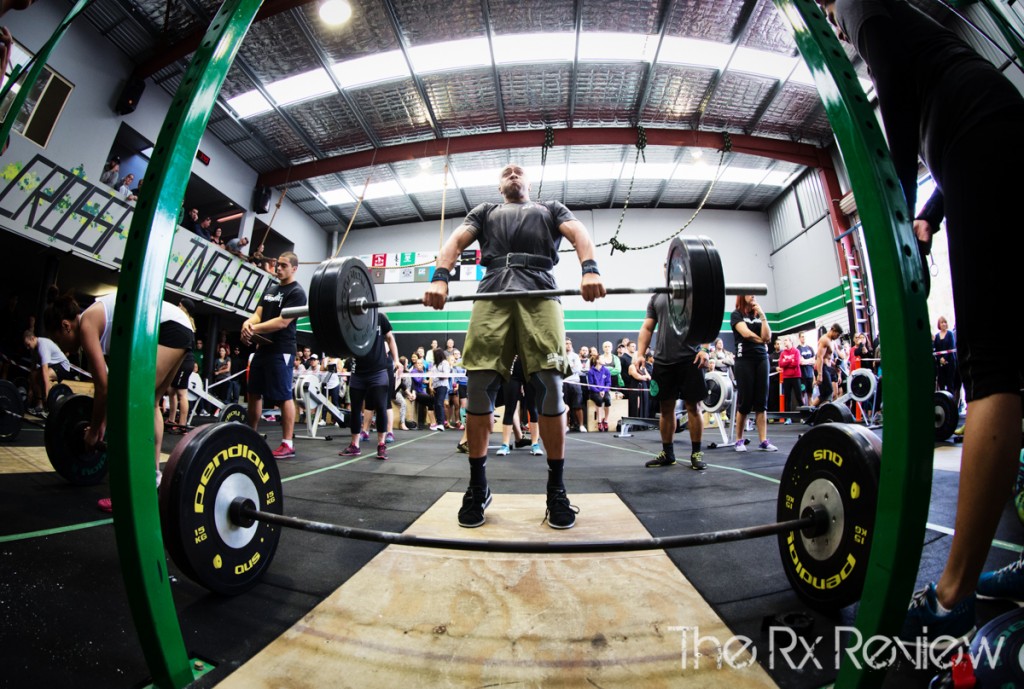
Whether you’re an aspiring athlete or a seasoned professional, improving your performance is an ongoing journey. Pushing past plateaus and reaching new heights requires a combination of physical training, mental discipline, and recovery strategies. It’s not just about how much effort you put into practice but how efficiently you use your body and mind. When you incorporate effective techniques and tools, you can gain an edge over the competition and unlock your full potential. This guide offers actionable tips to help you perform at your absolute best.
Build a Solid Foundation with Physical Conditioning
No matter your sport, building a strong foundation of fitness is essential. This includes focusing on strength, endurance, flexibility, and agility. Customize your training regimen to align with the demands of your chosen sport. Runners might focus on endurance and core stability, while basketball players may emphasize explosive power and vertical jumps. Recovery is just as important as the workout itself, so ensure your routine includes adequate rest days and practices like stretching or yoga. By laying this foundation, you’ll improve your performance and reduce the risk of injuries that can sideline your progress.
Master Your Mindset
Achieving success in athletics requires both mental and physical strength. Confidence, focus, and resilience are key traits of top athletes. Incorporating techniques like visualization, where you mentally rehearse your performance, can significantly boost your confidence and precision. Managing stress is equally critical. High anxiety levels can lead to errors and burnout. Some athletes even use neurofeedback for sports performance to train their brains to stay calm under pressure or enhance their focus. This technology helps athletes optimize brain activity for their specific sport, whether it’s improving reaction times for hockey players or maintaining calm concentration for golfers.
Prioritize Quality Nutrition
Your body is like a machine, and the fuel you provide it matters. A diet packed with wholesome, nutrient-rich foods is the foundation of peak performance. Carbohydrates provide energy, protein supports muscle repair, and healthy fats aid in recovery. Hydration is super important as well. Lack of proper hydration can cause tiredness and impair concentration. Tailor your meals to your training schedule, eating larger meals earlier and lighter snacks closer to performance time. Supplements can also be beneficial, but only when used responsibly and under the guidance of a nutrition expert. A well-nourished body performs better, period.
Perfect Your Skills
Raw talent is great, but it’s not enough. Practice is what refines your abilities and gives you an edge. Break down your skills into components and focus on mastering each one. For example, tennis players might practice their serve, backhand, and footwork separately. Use drills that mimic real game scenarios to make your practice sessions more effective. Don’t forget to analyze your performance using video or feedback from a coach to identify areas of improvement. Consistent, focused practice ensures that your movements become second nature, making you faster, sharper, and more efficient during competitions.
Take Recovery Seriously
Peak performance is about how well you recover. Sleep is a key factor; aim for 7–9 hours of quality rest per night to allow your body and mind to recharge. Active recovery, like light swimming or stretching, can help reduce soreness and improve circulation. Techniques like ice baths, massages, and compression therapy can speed up recovery after intense sessions. Even mental recovery, like mindfulness or meditation, can improve your overall well-being. Remember, recovery is not a weakness. Instead, it’s a secret weapon to long-term success.









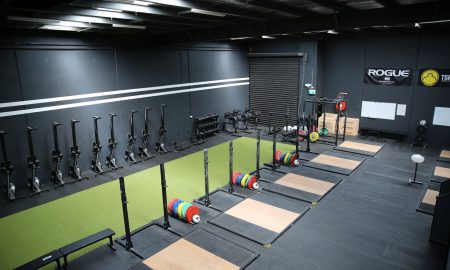



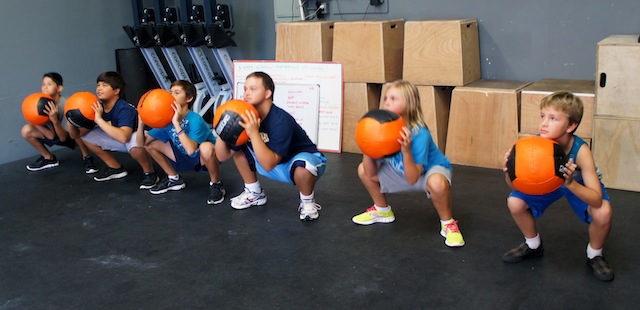
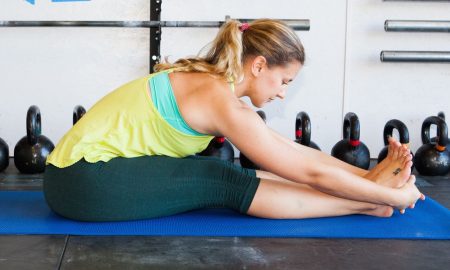
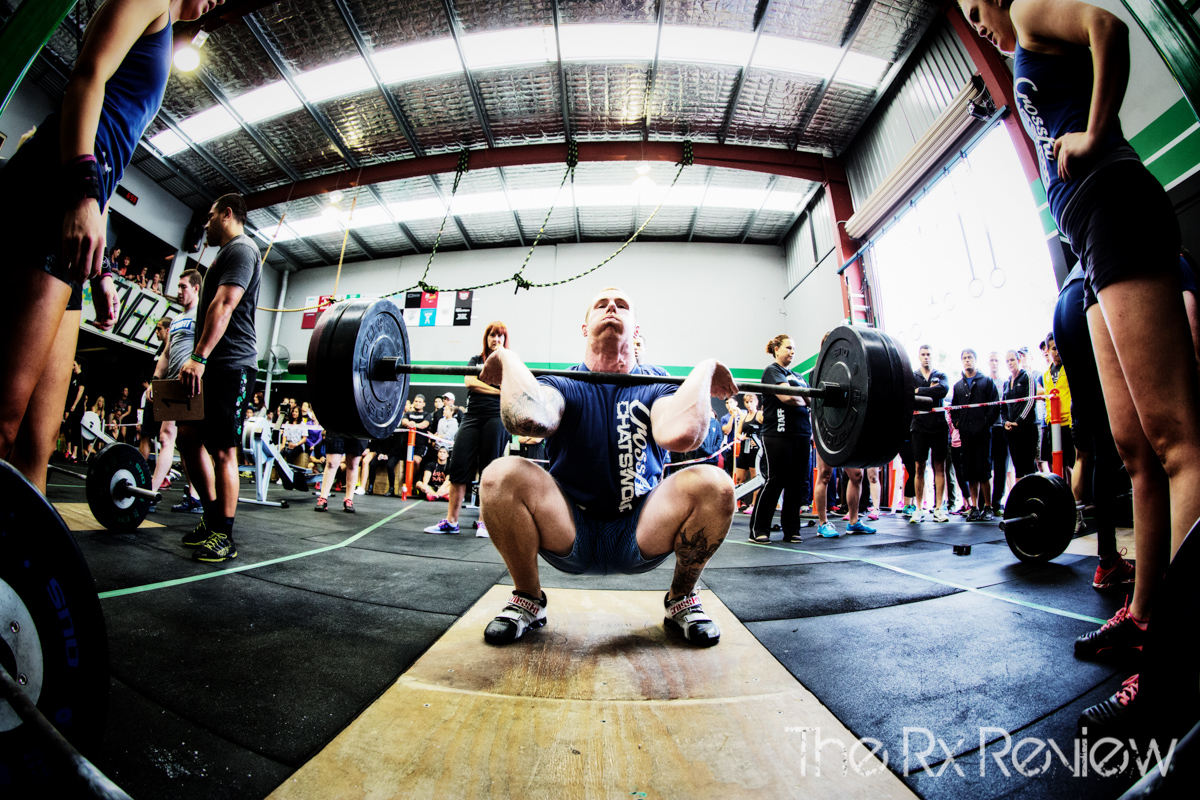


Follow Us